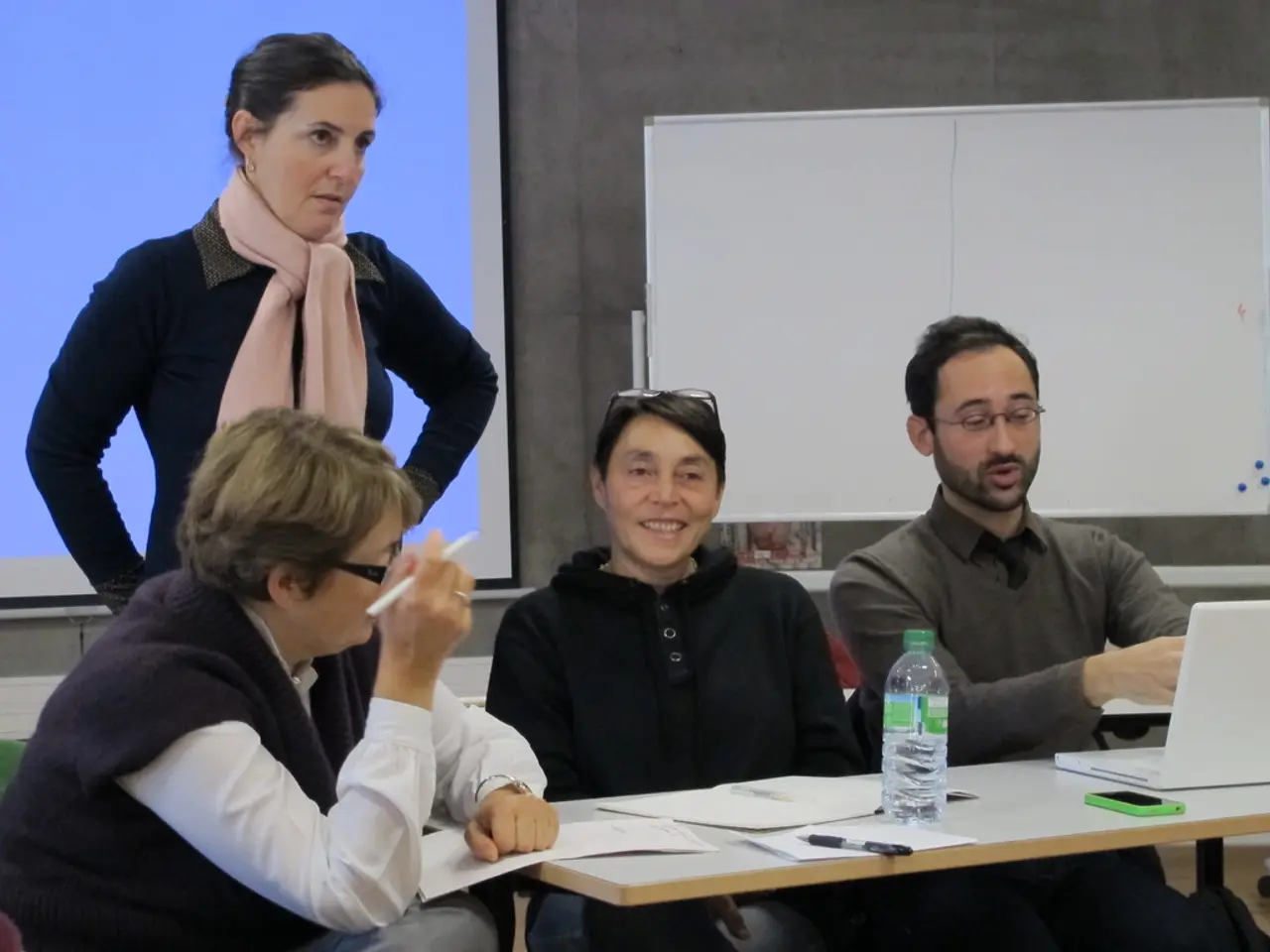Deciphering the UN's 2024 Sanctions List: A Comprehensive Breakdown
The United Nations (UN) sanctions regime is a powerful tool for enforcing international law and maintaining peace. These sanctions, organized into four main categories – diplomatic, economic, travel, and sport – are designed to target individuals, entities, and sometimes entire countries involved in proliferation, terrorism, human rights abuses, or destabilizing activities.
As of August 2025, the countries and entities subject to UN sanctions include North Korea, Iran, Sudan, and Houthi-controlled areas in Yemen.
North Korea is subject to extensive sanctions, targeting revenue-generating schemes such as fraudulent IT worker programs. The UN and US authorities have designated North Korea to curb sanctions evasion.
Iran is sanctioned by the UN for its nuclear program and linked activities. Despite certain partial agreements, sanctions including financial restrictions and blocks on oil exports continue due to unresolved nuclear proliferation concerns.
Sudan is targeted by EU sanctions aligned with UN Security Council Resolution 2653 (2022), including travel bans, asset freezes, and arms embargoes related to human rights violations and security threats.
The Houthi-controlled areas in Yemen are sanctioned due to their connection to destabilization and smuggling activities.
The UN sanctions list also includes organizations like Al-Qaeda, ISIL (Islamic State of Iraq and the Levant, or Da'esh), and the Taliban.
UN member states are responsible for implementing and enforcing sanctions at the national level. Identifying Anti-Money Laundering (AML) risks can be done by screening users against global watchlists for sanctions, Politically Exposed Persons (PEPs), and adverse media. An automated Know Your Customer/AML (KYC/AML) solution can help monitor individuals on global sanctions lists, including OFAC, UN, HMT, EU, and DFAT.
Using automated screening software is crucial for businesses to stay aware of sanctioned nationals and prevent onboarding of such clients. The UN sanctions list aims to eliminate terrorism, weapons proliferation, human rights violations, money laundering, deliberate destabilization of sovereign countries, and drug trafficking.
Security Council sanctions can target economic, cultural, trading, or diplomatic relationships with targeted countries. The UN Sanctions List includes countries such as Central African Republic, Democratic Republic of Congo, Eritrea, Guinea-Bissau, Iraq, Lebanon, Libya, Mali, North Korea, Somalia, South Sudan, Sudan, and Yemen.
In conclusion, the UN sanctions regime plays a vital role in addressing threats to international peace and security. Businesses and individuals must stay informed and vigilant to comply with these sanctions and contribute to a safer and more peaceful world.
For more information, visit the United Nations' Official Website.
North Korea's sanctions, targeting its fraudulent IT worker programs and other revenue-generating activities, are mainly economical and are imposed by the UN and US authorities aiming to curb sanctions evasion.
Iran, inside the UN sanctions list due to its nuclear program and related activities, faces financial restrictions and blocks on oil exports despite certain partial agreements due to unresolved nuclear proliferation concerns.




